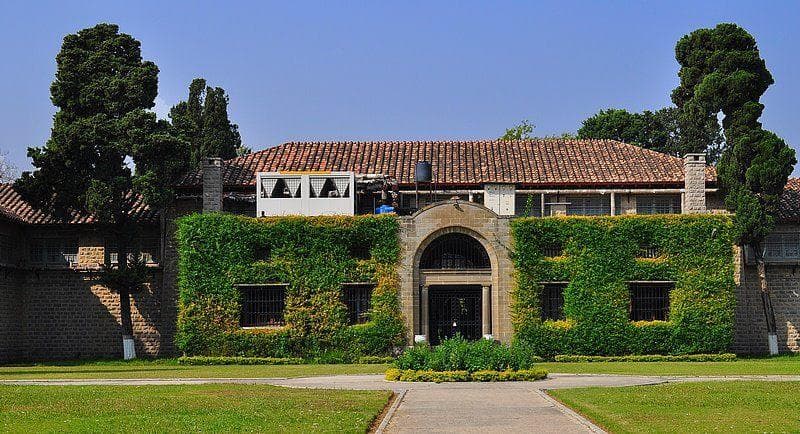
Taxila Archaeological Site
Explore Taxila, a UNESCO World Heritage site, home to ancient Gandhara civilization, renowned for its art, learning, and Buddhist heritage.
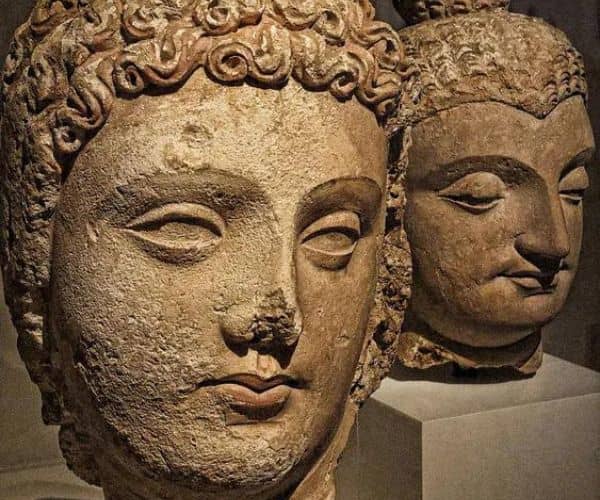
Highlights
Must-see attractions
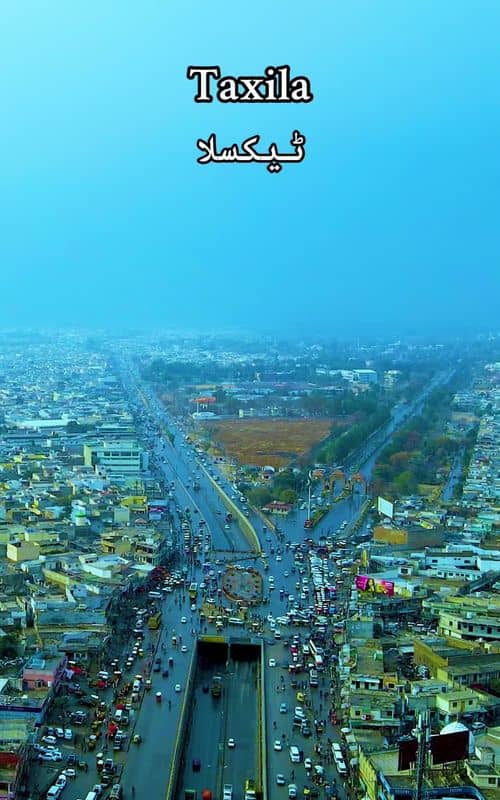
Social
From TikTok & Reddit
Best Time
Pleasant weather for exploring

Taxila Archaeological Site
Best Time
Pleasant weather for exploring

Highlights
Must-see attractions
Explore Taxila, a UNESCO World Heritage site, home to ancient Gandhara civilization, renowned for its art, learning, and Buddhist heritage.
"A historical and awe-inspiring experience, truly a place worth seeing for its priceless ancient gems."
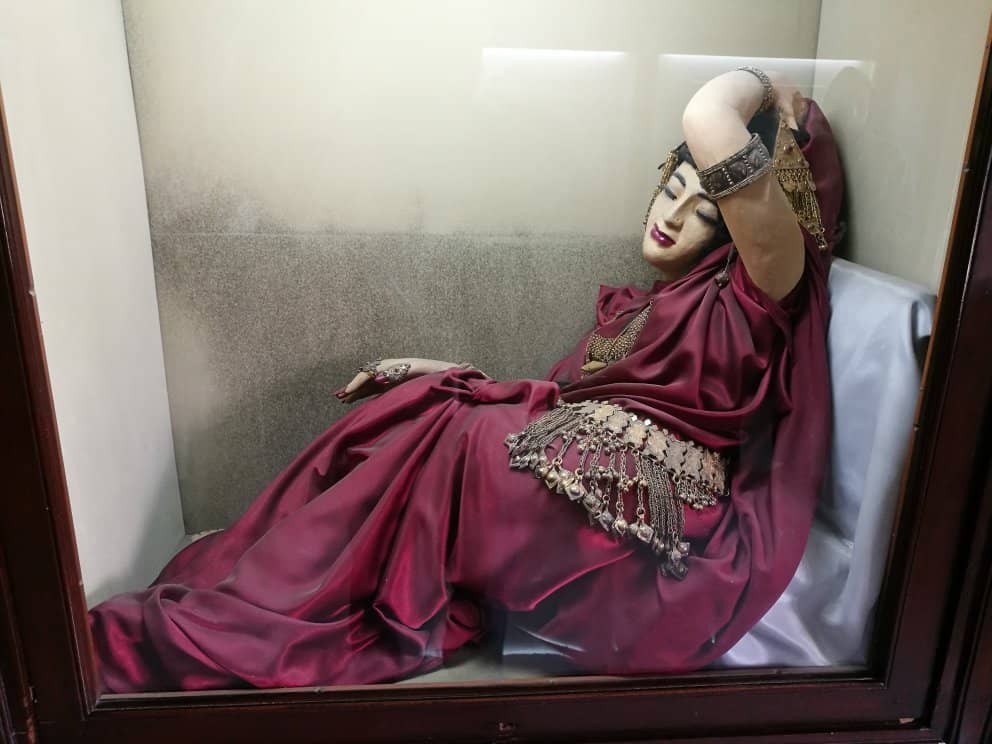
Hire a Local Guide
Enhance your understanding of the history with insights from knowledgeable local guides. :bustsinsilhouette:
Wear Comfortable Shoes
You'll be doing a lot of walking on uneven terrain. :athletic_shoe:
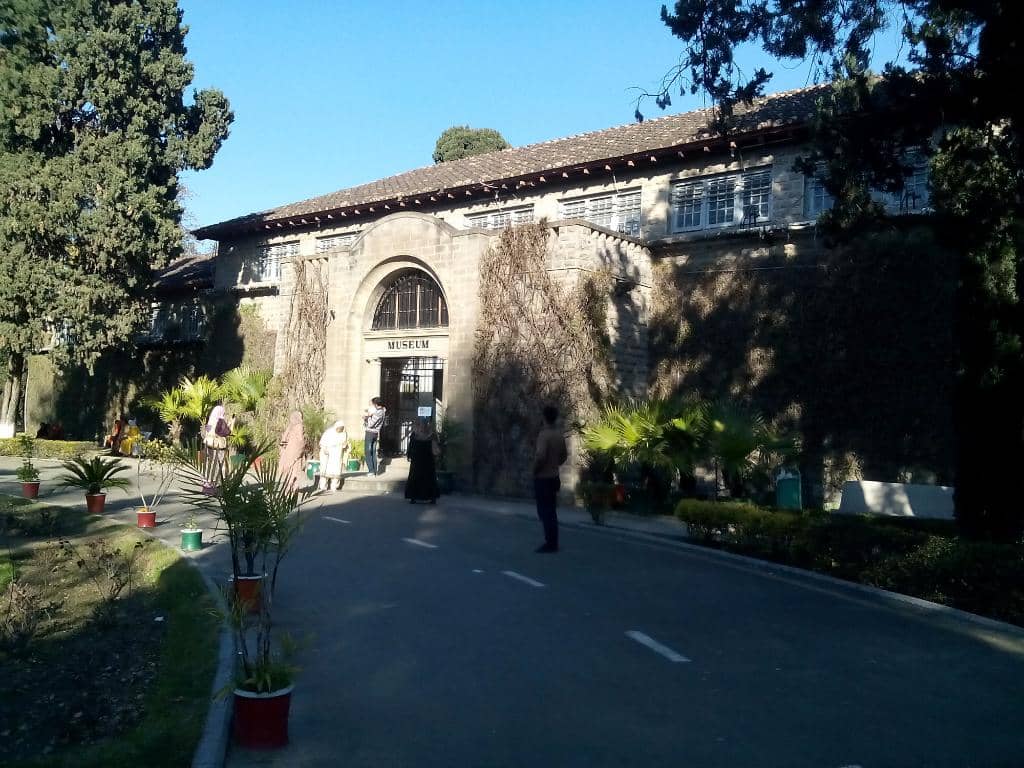
Highlights
Discover the most iconic attractions and experiences

Taxila Museum
Main site
Discover a treasure trove of Gandhara art, Buddhist sculptures, coins, and artifacts from ancient Taxila.

Sirkap
Archaeological site
Wander through the ruins of an ancient city, once a bustling center of trade and culture.

Jaulian Monastery
Archaeological site
Explore the remains of a significant Buddhist monastic complex with stupas and sculptures.

Mohra Moradu
Archaeological site
See the well-preserved votive stupas and monastic buildings of this ancient Buddhist site.
Plans like a pro.
Thinks like you
Planning Your Visit
Plan Your Visit to Taxila
Getting Around Taxila
Best Times
Insider Tips
from TikTok, Instagram & Reddit
Hire a Local Guide
Enhance your understanding of the history with insights from knowledgeable local guides. :bustsinsilhouette:
Wear Comfortable Shoes
You'll be doing a lot of walking on uneven terrain. :athletic_shoe:
Stay Hydrated
Carry plenty of water, especially during warmer months. :droplet:
Visit the Museum First
Get an overview of the artifacts before exploring the sites. :museum:
Tips
from all over the internet
Hire a Local Guide
Enhance your understanding of the history with insights from knowledgeable local guides. :bustsinsilhouette:
Wear Comfortable Shoes
You'll be doing a lot of walking on uneven terrain. :athletic_shoe:
Stay Hydrated
Carry plenty of water, especially during warmer months. :droplet:
Visit the Museum First
Get an overview of the artifacts before exploring the sites. :museum:
Drone Footage is Stunning
See Taxila from above! Check out amazing drone videos online. :camerawithflash:
What Travellers Say
Reviews Summary
Visitors are consistently impressed by the historical significance and the remarkable collection of artifacts at the Taxila Museum, highlighting its importance in preserving Pakistan's heritage. The Gandhara art and ancient sculptures are frequently praised. However, many reviews point out the urgent need for improvement in visitor facilities, particularly restrooms and general cleanliness, which detracts from the overall experience.
"I visited the Taxila Museum and was truly impressed by this mind-blowing place. It stands as a remarkable effort by Sir John Marshall, and as a Pakistani, I am deeply thankful to him for his great work in preserving our heritage.
Every artifact, even the smallest pearl discovered from the ancient civilization of Taxila, has been carefully and securely displayed. The museum itself is like a priceless ancient gem. It is a large building with five spacious halls, each filled with history.
Visiting this museum is a historical and awe-inspiring experience — truly a place worth seeing."
FURQAN QURESHI
"Taxila Museum is a must-visit for history lovers. It has a remarkable collection of artifacts and sculptures that showcase the rich Gandhara civilization. The museum is well maintained, and the experience was both educational and enjoyable."
Ahsan
"Visiting Taxila Museum, I feel the lesson “The Ruins of Taxila” studied in Metric English book back in 1998. It’s wonderful to see the Buddha sculptures, other utensils and daily usage ancient technology that how people spent their lives. It’s wonderful experience and worth to visit."
Maqbool Khan
What People Like
What People Dislike
Frequently Asked Questions
🚇 🗺️ Getting There
Taxila is located about 35 km northwest of Rawalpindi, Pakistan. You can reach it by car, taxi, or bus from Rawalpindi or Islamabad. Many visitors opt for a taxi or private car for convenience, especially when visiting multiple sites.
Yes, local buses and vans operate from Rawalpindi to Taxila. However, navigating between the various archaeological sites within Taxila using public transport can be challenging.
For ease of access and to cover multiple sites like the museum, Sirkap, and Jaulian, hiring a taxi or a private car for the day is highly recommended. This allows for flexibility and efficient exploration.
Several tour operators in Islamabad and Rawalpindi offer day trips to Taxila. These tours often include transportation, a guide, and sometimes lunch, making it a hassle-free option.
Taxila is approximately 35-40 kilometers northwest of Islamabad, typically a 45-minute to 1-hour drive depending on traffic.
🎫 🎫 Tickets & Entry
The Taxila Museum is generally open from 9 AM to 5 PM, but it's advisable to check the latest timings as they can vary. The archaeological sites are typically accessible during daylight hours.
Yes, there is an entrance fee for the Taxila Museum and the various archaeological sites. The exact fees can vary, so it's best to inquire upon arrival.
Currently, online ticket purchasing options for the Taxila Archaeological Site and Museum are not widely advertised. It's recommended to purchase tickets on-site.
Information on combined tickets is not readily available. It's best to inquire at the Taxila Museum or the main entry points about any package deals for visiting multiple archaeological locations.
Visiting on weekdays, especially in the early morning, is generally less crowded than on weekends or public holidays.
🎫 🏛️ Onsite Experience
The Taxila Museum is a highlight, showcasing Gandhara art. Don't miss the archaeological sites of Sirkap, Jaulian Monastery, and Mohra Moradu for a comprehensive understanding of the ancient city.
To properly explore the Taxila Museum and at least 2-3 major archaeological sites, allocate a full day. If you're a history enthusiast, you might want to spend even more time.
While the museum has some facilities, reviews suggest that restrooms and other visitor amenities at the archaeological sites need significant improvement.
Taxila can be educational for older children interested in history. However, the extensive walking and historical context might be less engaging for very young children.
Photography is generally allowed at the archaeological sites and within the Taxila Museum, but check for any specific restrictions on flash photography or tripods.
🍽️ 🍽️ Food & Dining
Food options directly within the archaeological sites are limited. It's advisable to eat before you visit or plan to dine in Taxila city or nearby Rawalpindi.
Taxila city offers local Pakistani cuisine, including traditional dishes. You can find street food and local eateries.
While there might be some small eateries near the museum, the selection is not extensive. Many visitors prefer to have meals in Rawalpindi or Islamabad.
📸 📸 Photography
The Taxila Museum's artifact displays, the ruins of Sirkap, the stupas at Jaulian Monastery, and the overall landscape offer great photographic opportunities.
Drone usage regulations can be strict in Pakistan. It's essential to check with local authorities or the site management before flying a drone to avoid any issues.
A versatile camera with a good zoom lens is recommended for capturing both wide shots of the ruins and details of the artifacts. A wide-angle lens is useful for the expansive sites.
Generally, photography is allowed, but flash photography might be restricted inside the museum to protect artifacts. Always look for signage or ask staff.
Early morning or late afternoon light provides softer, more dramatic lighting for photographing the ruins and landscapes.
For Different Travelers
Tailored advice for your travel style
👨👩👧 Families with Kids
When visiting the archaeological sites, make it an adventure! Turn the exploration of ruins like Sirkap or Jaulian Monastery into a treasure hunt for historical facts. Keep the visit manageable by focusing on 1-2 key sites to avoid overwhelming younger children. Remember to pack snacks and plenty of water, as facilities can be basic.
🏛️ History Buffs & Archaeology Enthusiasts
Beyond the museum, immerse yourself in the archaeological sites. Spend time at Sirkap to understand urban planning, and at Jaulian Monastery and Mohra Moradu to appreciate monastic life and Buddhist art. Consider hiring a knowledgeable local guide to gain deeper insights and historical context that might not be immediately apparent.
📸 Photographers
The archaeological sites, especially during the golden hours of sunrise or sunset, offer dramatic landscapes and atmospheric shots. The ruins of Sirkap and the stupas of Jaulian Monastery are particularly photogenic. Be mindful of lighting conditions and consider bringing a wide-angle lens for expansive shots and a macro lens for close-ups of smaller details.
Deep Dives
In-depth insights and expert knowledge
The Gandhara Civilization: A Legacy of Art and Learning
The Taxila Museum is the primary repository for artifacts from this era, housing an impressive collection of sculptures, coins, jewelry, and pottery. These items offer invaluable insights into the daily life, religious practices, and artistic achievements of the people who lived here. The museum's exhibits are meticulously curated, providing a comprehensive overview of Taxila's rich past.
Beyond the museum, the archaeological sites themselves, such as Sirkap, Jaulian Monastery, and Mohra Moradu, reveal the urban planning, religious architecture, and monastic life of ancient Taxila. These ruins, spread across the landscape, invite visitors to walk through history and imagine the bustling city that once stood here.
Taxila: An Ancient Center of Education
The educational system was not confined to formal institutions but was deeply integrated into the monastic complexes. Monks served as teachers, and the monasteries were not just places of worship but also vibrant centers of intellectual discourse and knowledge dissemination. The ruins of sites like Jaulian Monastery and Mohra Moradu offer a glimpse into the living and learning spaces of these ancient scholars.
This legacy of learning contributed significantly to the spread of Buddhism and the development of philosophical thought in the region. The intellectual environment of Taxila played a crucial role in shaping the cultural and religious landscape of ancient India and beyond, making it a truly significant historical site.
Exploring the Archaeological Sites
Jaulian Monastery and Mohra Moradu are prime examples of Buddhist monastic architecture. Jaulian, perched on a hill, features a main stupa surrounded by monastic cells, offering panoramic views. Mohra Moradu is known for its well-preserved votive stupas, which were small stupas built as offerings. These sites highlight the religious devotion and architectural ingenuity of the time.
Visiting these sites requires comfortable footwear and an appreciation for history. While some areas are more developed for tourism, others are more rugged, offering a more authentic exploration experience. Hiring a guide can greatly enhance your understanding of the significance of each ruin.
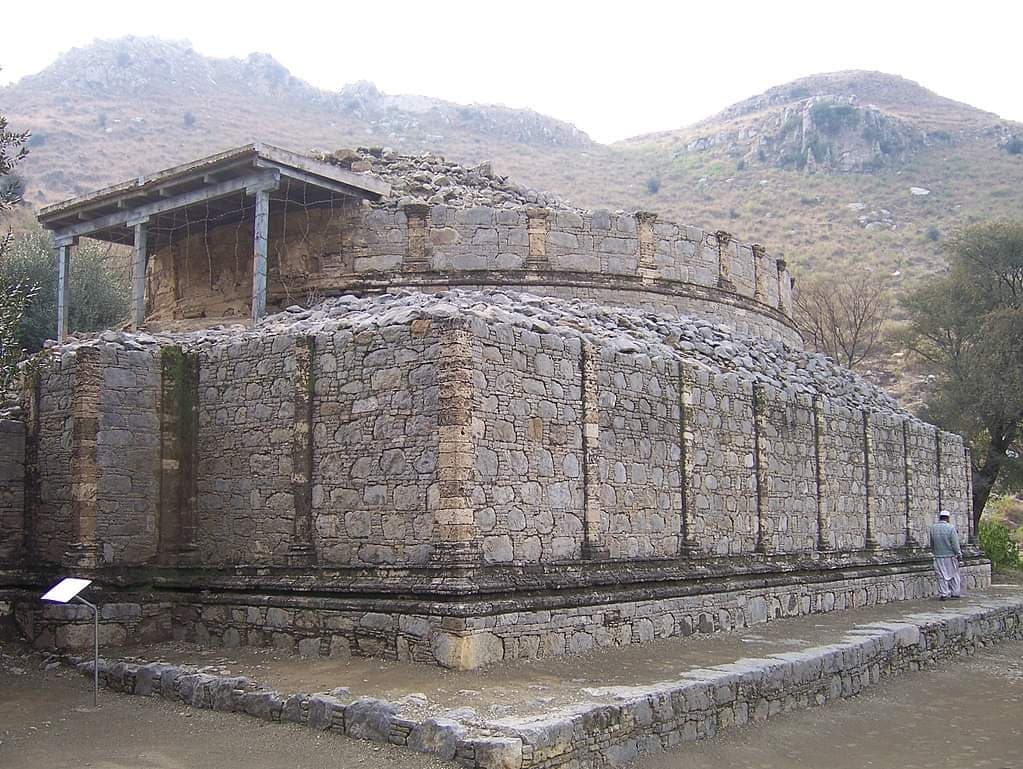

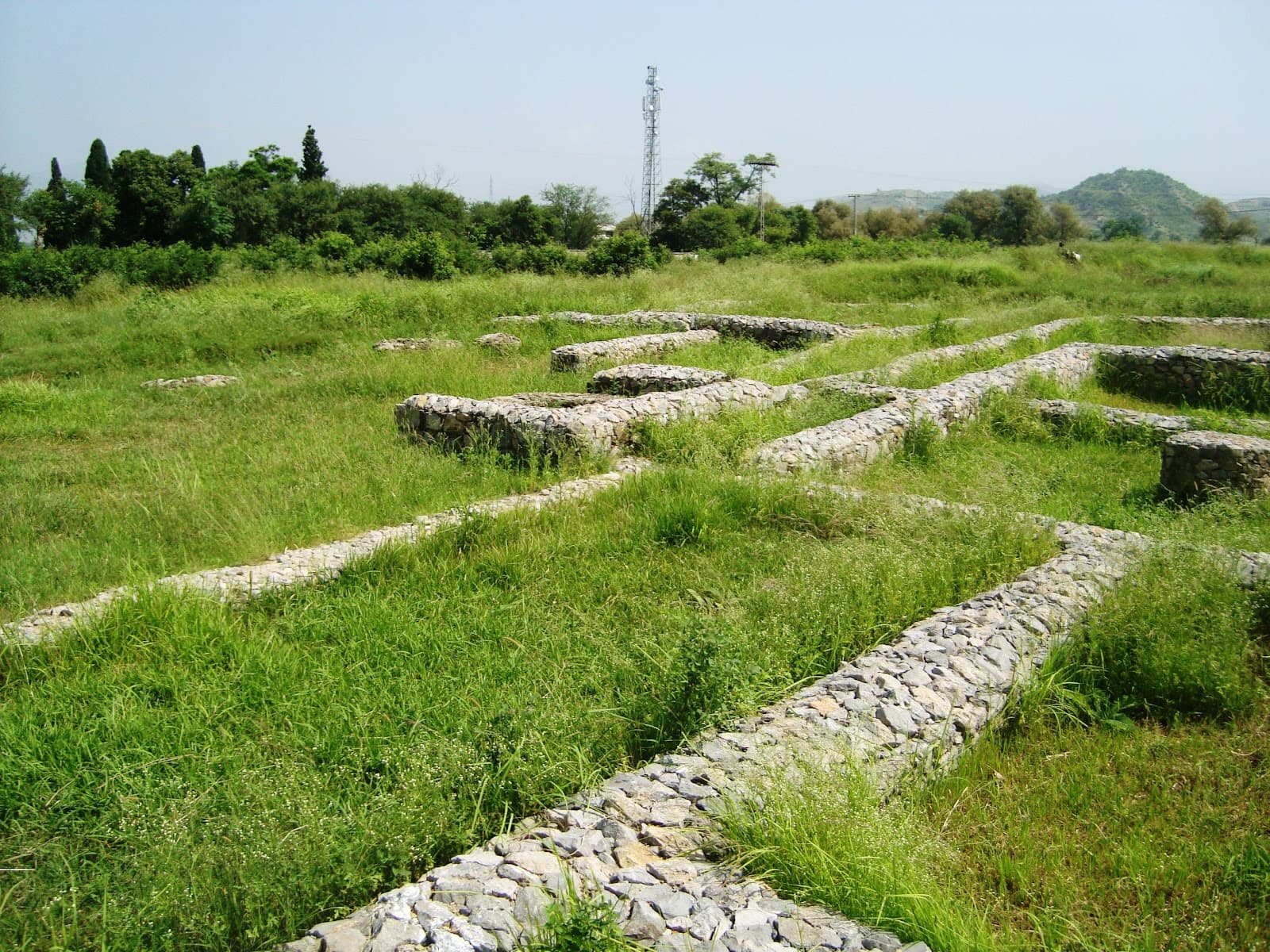
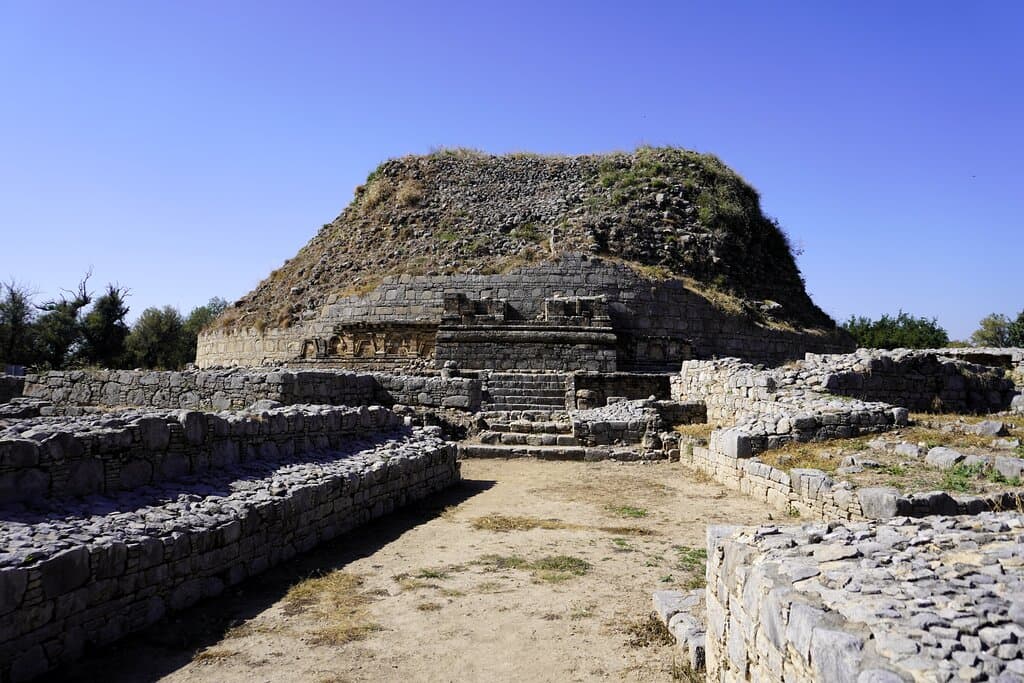
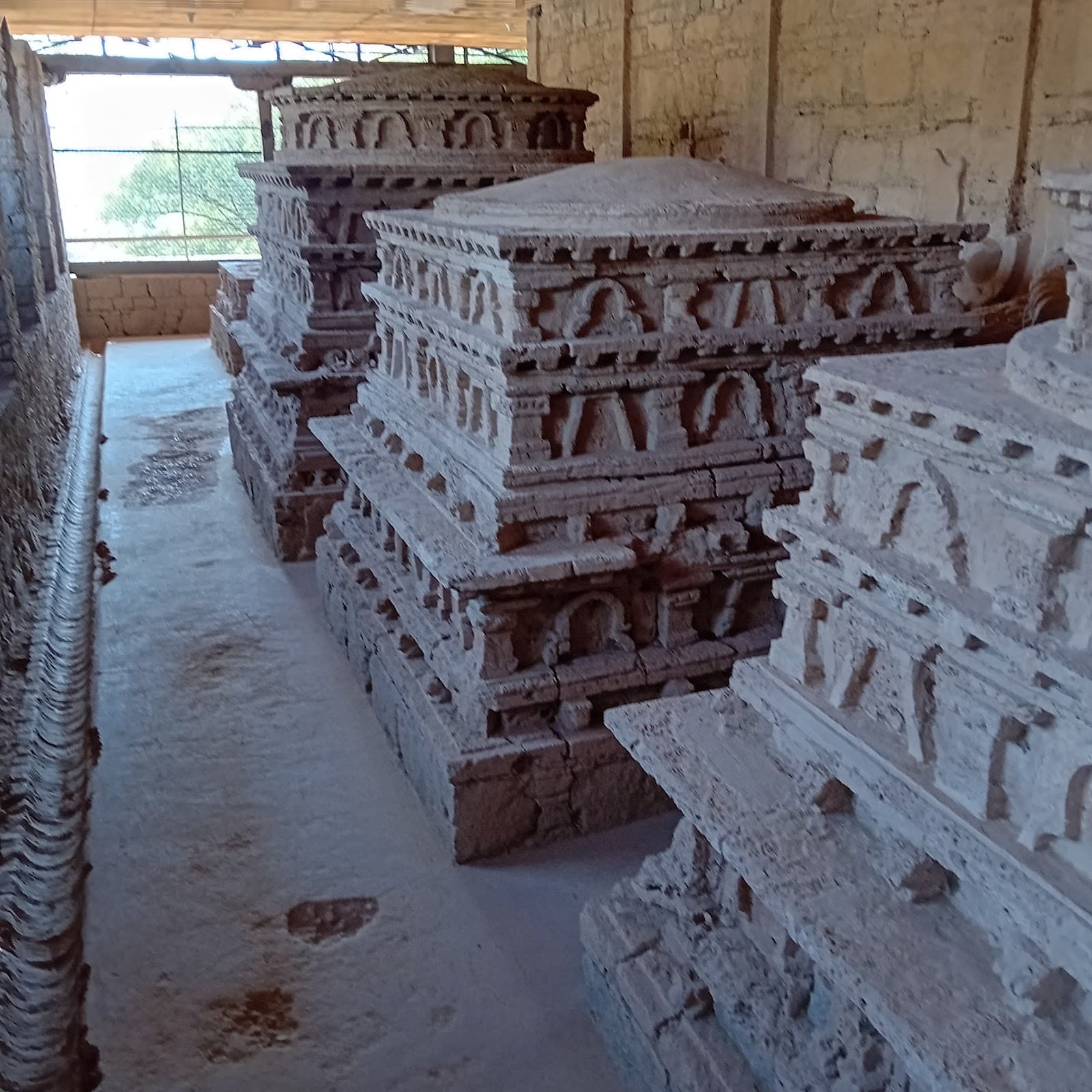
Social
from TikTok, Instagram & Reddit